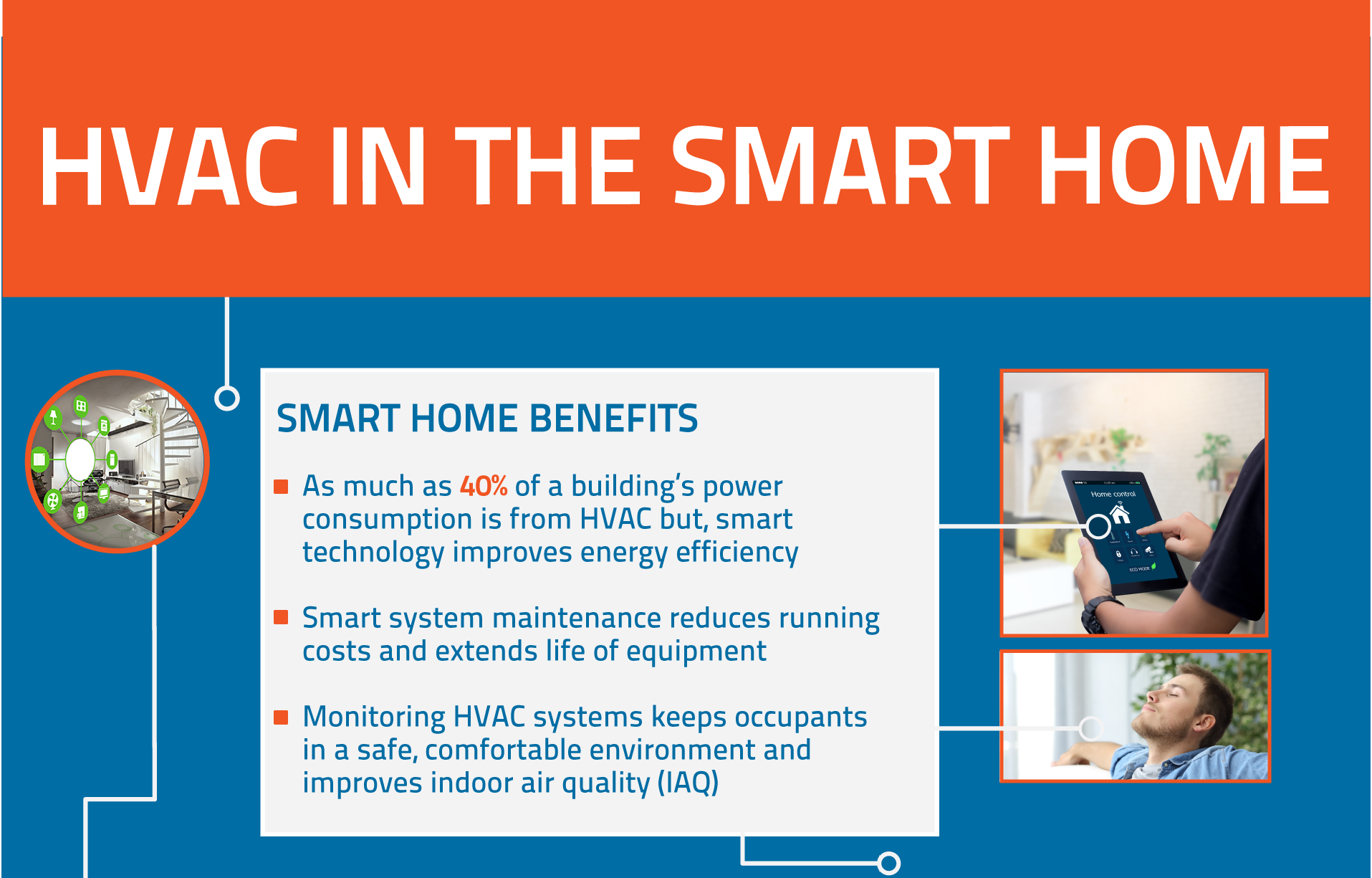When making a decision between air source and ground resource heatpump, you might find yourself weighing variables like performance, cost, and environmental impact. Each option offers unique advantages, but which one lines up ideal with your demands and priorities? As https://www.facilitiesnet.com/hvac/tip/College-Course-Targets-HVAC-Systems-and-COVID-19--47764 explore the distinctions between these 2 types of heatpump, you'll uncover vital insights that can direct you towards making an educated choice that fits your one-of-a-kind circumstances. Remain tuned for a deeper study the subtleties of air source versus ground resource heat pumps to aid you browse this crucial option.
Effectiveness and Efficiency Comparison
When comparing air resource and ground source heat pumps for performance and performance, it's necessary to think about just how each system runs in various conditions. Air resource heatpump draw out warmth from the outside air, making them much more at risk to changes in temperature level. This implies they might be much less efficient in extremely cold environments.
On the other hand, ground source heatpump utilize steady underground temperatures for warm exchange, supplying more regular efficiency regardless of outside weather conditions. Ground source heatpump are usually a lot more energy-efficient in the future because of the steady warmth source underground. Additionally, ground resource heatpump tend to have a longer life expectancy contrasted to air resource heatpump, which might affect lasting efficiency and maintenance costs.
Expense Analysis: Installment and Maintenance
For a comprehensive comparison between air resource and ground resource heatpump, it's critical to examine the costs related to their setup and maintenance. Air resource heat pumps normally have lower upfront installment costs contrasted to ground source heat pumps. The installment of air source heat pumps includes less facility excavation and drilling, making it a much more affordable choice for numerous home owners.
Nevertheless, ground source heat pumps are understood for their higher efficiency, which can lead to lower long-lasting power costs, possibly offsetting the preliminary installment expenditures with time.
When it comes to upkeep prices, air source heat pumps are usually easier and cheaper to maintain compared to ground resource heat pumps. Ground source heatpump require routine checks on the below ground loop system, which can incur extra upkeep expenditures.
On the other hand, air resource heat pumps generally call for basic filter modifications and periodic specialist inspections, maintaining upkeep expenses reasonably reduced.
Take into consideration both the in advance setup prices and lasting upkeep expenses when deciding between air resource and ground source heatpump to establish which alternative lines up best with your budget plan and requirements.
Environmental Impact Analysis
Evaluating the ecological influence of air resource and ground source heatpump is crucial in recognizing their sustainability.
https://raymondkezsn.blogtov.com/11665640/heat-pump-comparison-finding-the-very-best-type-for-your-house-demands need electrical energy to run, which can result in boosted carbon exhausts if the electricity comes from nonrenewable fuel sources. On the other hand, ground resource heat pumps use the secure temperature level of the ground to heat and cool your home, causing reduced energy consumption and lowered greenhouse gas discharges.
The setup of both types of heat pumps involves some level of ecological influence, such as using refrigerants in air source heatpump or the excavation required for ground loops in ground resource heatpump. Nevertheless, helpful resources have a longer lifespan and higher efficiency, making them a much more eco-friendly alternative in the long run.
Conclusion
When determining in between air resource and ground source heatpump, consider your climate, spending plan, and environmental goals. Air source heatpump are extra economical in advance, but ground source heat pumps offer greater performance and long-term savings. Pick the choice that aligns with your priorities and requirements for a comfortable and sustainable home heating remedy.
